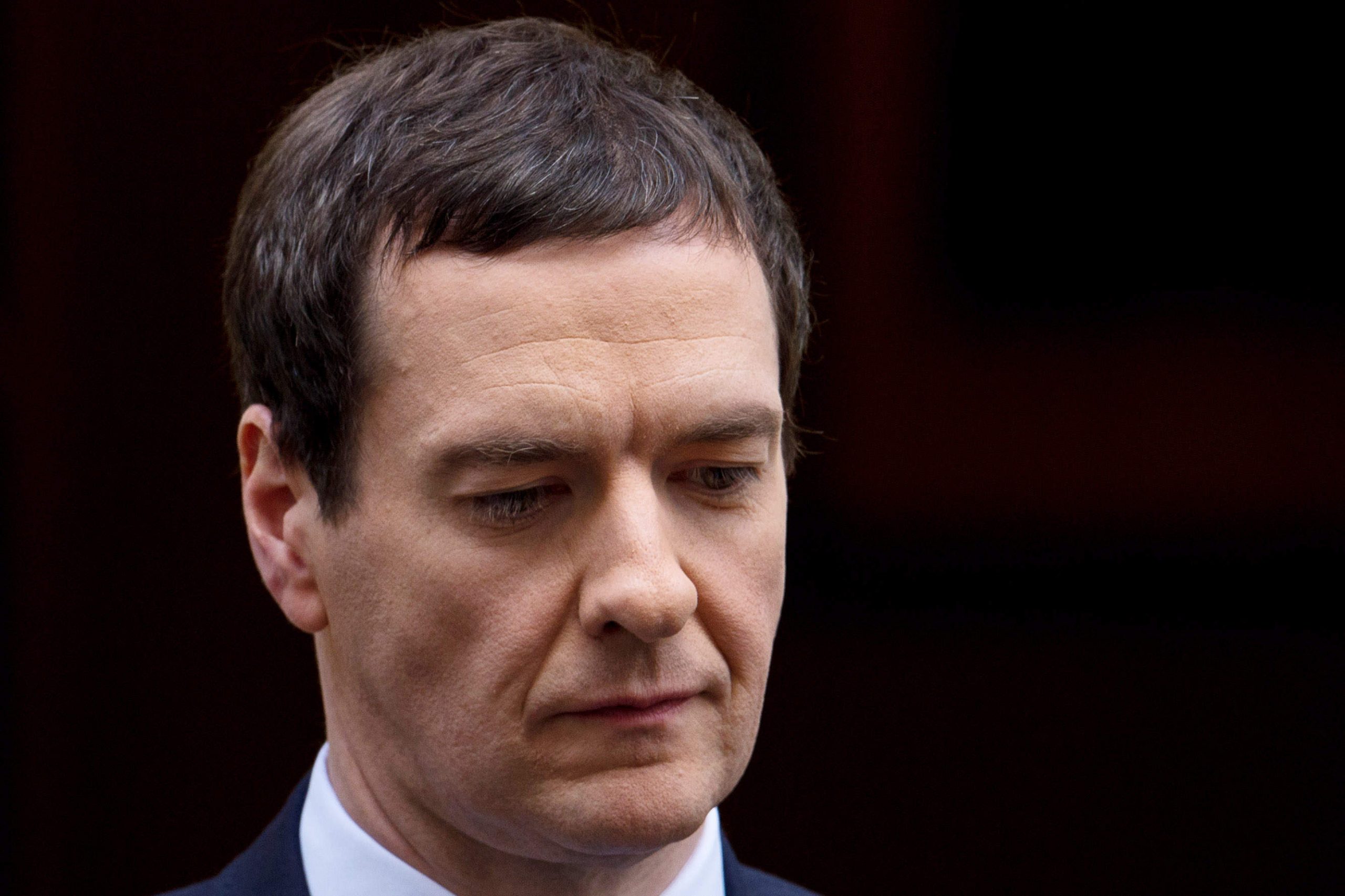
Away from the fallout from George Osborne’s unfair attempt to cut disability benefits, the IDS of March, and Ministers’ extraordinary u-turn on the tampon was another less high-profile but nevertheless historical climb down by the Chancellor. The government was forced to accept our frontbench opposition amendment to their budget – something the House of Commons Library tell us they can’t find any precedent for. It was designed to block Osborne’s planned 400 per cent increase in VAT on solar panels and energy saving materials.
Official treasury documents published in December explained the government’s intention to hike up taxes on green energy stating, “These changes will be included in the Finance Act 2016 and the current intention is that they will come into effect on 1 August 2016.” The solar tax would add £1000 to the cost of a household solar energy installation – punishing those families who are trying to do the right thing and help address the problems we are facing from energy insecurity and climate change. It would also put at risk thousands of jobs in an industry already reeling from savage cuts to solar energy subsidies. The Energy Secretary recently conceded her policies on solar were already expected to lead to up to 18,700 job losses and this tax raid would have caused even further damage to the industry.
As Friends of the Earth highlighted, the solar tax would also have created the perverse situation whereby people ended up paying more tax on solar panels and energy conservation than on energy from polluting sources like oil and coal who would have their low tax rates retained, which would skew the energy market away from clean energy and send Britain’s energy policy in precisely the wrong direction.
For these reasons we tabled an amendment to the budget last week to enable the Chancellor to use the Finance Bill to exempt green energy and home insulation from VAT or offer lower rates or to refund revenues. The government initially claimed a European Court ruling prevented them from stopping the tax hike. When this led to significant number of Eurosceptic Conservative MPs adding their weight to our calls it looked like the government would be defeated on this issue. Osborne had managed to unite behind Labour almost every party including both Ukip’s Douglas Carswell and the Greens’ Caroline Lucas, as well as the SNP and Lib Dems.
Within a few hours of the solar tax rebellion picking up pace and beginning to attract attention, ministers backed down. They claimed, extraordinarily, that what we proposed was their position all along. Downing Street told reporters, “It is an existing government position to reduce VAT on solar.” Later, pressed by one of his own backbenchers on the solar tax, the Treasury Minister David Gauke claimed, “The decision was taken some weeks ago not to proceed with any changes to VAT on energy saving materials in the Finance Bill.”
This came as a great surprise to the solar industry itself. Only hours earlier one solar businessman had emailed us to say, “Industry itself has had no reassurances whatsoever from government on this key commercial issue, still less the detail of for how long the reduced rate of 5 per cent will continue.” Another pointed out that only last month Tory energy minister Andrea Leadsom had seemed to indicate the government was pressing on with the tax raid, telling MPs, “A recent European Court of Justice ruling found that the reduced rate of VAT on certain “energy saving materials” was in breach of EU law.”
In fact the European Commission had already indicated its willingness to strike a deal on this issue, and their flexibility over the tax on tampons just demonstrates how a deal could be done if only ministers were prepared to speak up for Britain’s clean energy industry. Had the tax rise gone ahead, the government could have confirmed the revenues would be refunded back to those affected but they signalled no willingness to do that either. Intending to appease his backbenchers and build support for his party leadership bid, the solar tax was just the latest part of a crusade the Chancellor has been waging against clean energy.
Together with his close ally the Energy Secretary Amber Rudd, Osborne has legislated to block new wind farms even when they enjoy local support, pulled subsidies away from the cheapest clean energy options, and axed all investment in cutting edge Carbon Capture and Storage technology, even though it offers the potential to create thousands of new jobs.
Today we will keep up the pressure to ensure this solar tax u-turn gets guaranteed in black and white in the Finance Bill alongside the tampon tax u-turn. This victory must mark the end of Osborne’s short-sighted approach to energy which is worsening the power crunch and undermining Britain’s international reputation on climate change.





